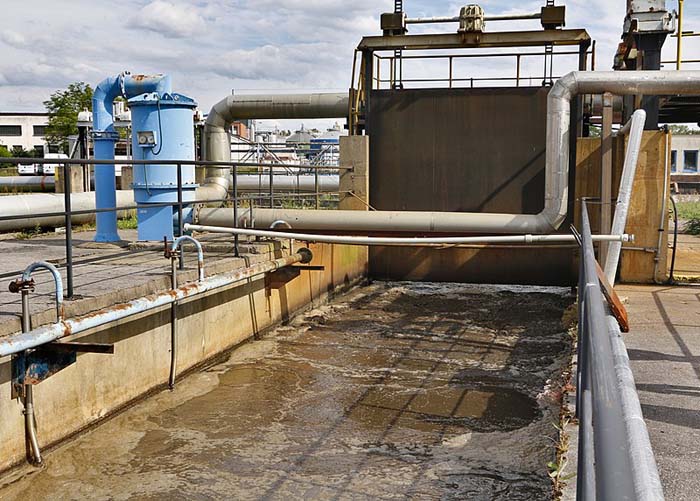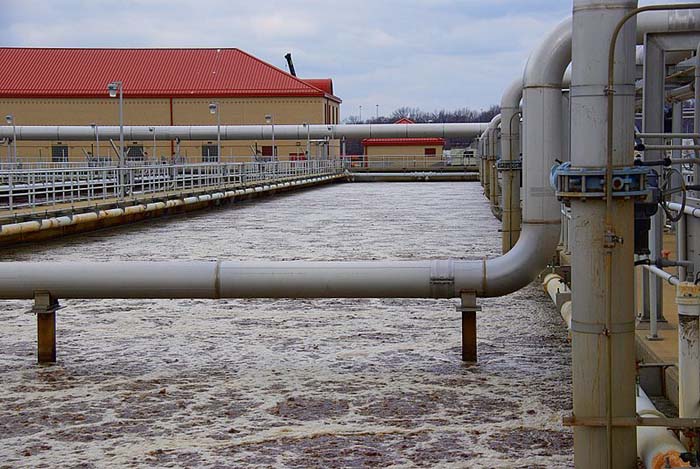
The five pillars of effective waste management are economically feasible, socially responsible, and environmentally friendly waste collection, transportation, processing, recycling, and disposal. This approach covers a lot of ground and aims to reduce the negative effects of waste on the environment, human health, and society at large.
Efficient waste management is directly tied to the preservation of natural resources, the reduction of pollution, and the preservation of a healthy and clean environment. Proper disposal of dangerous waste, composting, reducing, reusing, and recycling are all part of it.
Key components of waste management include:
Educating the Public and Raising Awareness
Education campaigns and public awareness can greatly enhance responsible waste management methods. By urging people to dispose of waste responsibly, decrease waste generation, and increase recycling, a culture of sustainability can be nurtured.
Collection and Transportation
The term “waste collection” refers to the process of collecting waste from various locations and transporting it to disposal sites or treatment facilities. The timely and effective collection is dependent on infrastructure and efficient logistics.
Disposal
Proper waste disposal is important to avoid polluting the environment and endangering public health. Although incineration and landfills are prevalent waste management practices, there’s a rising emphasis on finding more environmentally friendly options.
Treatment and Processing
Waste passes through various treatments after collection, each according to the specifics of the collected material. Biological treatment, composting, sorting, incineration, or shredding are some of the treatment procedures that can help to recover valuable materials, decrease volume, or make them less dangerous.
Policies and Regulations
All levels of government have enacted policies and regulations on waste management. Reducing waste, increasing recycling rates, and safely disposing of hazardous waste are the goals of these policies.
 Waste Generation
Waste Generation
Construction activities, industries, households, agriculture, and businesses are just a few of the many places that produce waste.
Recycling and Resource Recovery
Recycling helps preserve natural resources and decreases raw material use by transforming waste into new products. Metal, plastic, paper, and glass are only a few of the recyclables encouraged through recycling programs.
Here are the 4 Major Types of Waste Management
Waste-to-Energy (Incineration)
The process of waste-to-energy entails turning waste into usable fuel by burning it. Environmental and health concerns have been raised over this technology. This is due to concerns about air pollution and the emission of dangerous pollutants despite the fact that it can reduce waste volume and produce energy.
Composting
Decomposing organic waste items into nutrient-rich soil amendments is known as composting. This includes things like yard waste and food scraps. It makes a useful product for agriculture and gardening while cutting down on waste for landfills.
Recycling
This process transforms waste into something usable again. As a result, less energy is used, fewer pollutants are produced, and resources are conserved. Paper, glass, plastic, and metal are some of the most commonly recycled materials.
Landfill Disposal
Landfilling is the most typical practice for disposing of solid waste. However, there have been attempts to decrease dependence on this approach due to worries about environmental contamination and space limitations.
Integration of these approaches is common in modern waste management systems. These aim to minimize their impact on the environment while making the most efficient use of available resources.
The cheapest method of disposal of waste from wastewater
Several factors determine the most cost-effective way to dispose of wastewater. This includes environmental considerations, local regulations, the waste’s volume and type, and the availability of infrastructure. Nevertheless, a few popular and inexpensive approaches are:
- On-Site Treatment Systems
It may be more economical to use on-site treatment systems, like septic tanks or decentralized wastewater treatment systems, for smaller applications or in more remote places.
- Landfilling
When landfills are present in the area, disposing of the solid waste that remains after wastewater treatment can be cheap.
- Constructed Wetlands
By combining the power of microbes, soil, and vegetation, constructed wetlands may cleanse wastewater in an environmentally friendly way. Particularly for less extensive uses, they can be quite inexpensive.
- Composting
Composting is an economical way to deal with organic waste. Composting is the process of breaking down organic waste into a material that can improve soil quality.
- Incineration
Solid waste incineration can be an affordable method of waste management if there is an existing infrastructure for converting waste into energy and if the waste in question contains a significant amount of energy.
- Land Application
To do this, treated wastewater is applied to land for recharge or irrigation. When appropriate and easily accessible land is available, this can be a cost-effective option.
- Anaerobic Digestion
This method takes organic waste and turns it into biogas, which can help generate energy and digestate, which helps improve soil. The long-term benefits may exceed the greater initial setup costs.
Not only should the initial investment be carefully considered, but also the ongoing costs of operation and maintenance, the possible effects on the environment, and the costs of complying with regulations.
Benefits of disposal of waste from wastewater
Properly managing the disposal of wastewater waste—also known as biosolids or sewage sludge—can provide numerous advantages:
Protecting the Environmental
Proper wastewater disposal facilitates the prevention of contamination of soil and water bodies. By properly processing and disposing of sewage sludge, harmful substances can be reduced, protecting ecosystems and people from harm.
Regulatory Compliance
In an effort to safeguard both environmental and public health, numerous areas have enacted rules on the proper disposal of wastewater. To avoid fines and keep their reputations intact, wastewater treatment facilities must comply with these rules by using the correct disposal procedures.
Circular Economy
One way to make waste management more sustainable is to incorporate sewage sludge into circular economy processes. The goal of the circular economy model is to reduce the usage of scarce resources and the amount of waste produced. This is possible through the establishment of a closed-loop system that recovers resources and minimizes waste through the reuse, recycling, or repurposing of materials.
Generating Energy
Biogas, a sustainable energy source mainly composed of methane, can be produced by the anaerobic digestion of sewage sludge. It can be used as vehicle fuel, heating fuel, or electricity generation, decreasing greenhouse gas emissions and contributing to energy sustainability.
Cost Savings
Municipalities can spend less on wastewater treatment and proper waste management. In the long run, operating expenses can be reduced through decreased environmental impacts, energy generation, and resource recovery.
Soil Improvement and Land Reclamation
Using treated sewage sludge as an amendment can enhance soil structure and fertility. Soil organic matter improves the availability of nutrients and water retention, which in turn stimulates plant development. This works wonders in places where the soil is severely lacking or degraded.
Resource Recovery
Phosphorous and nitrogen are two of the many useful resources found in wastewater, along with organic materials. Anaerobic digestion and composting are two procedures that can recover these resources from waste, turning it into biogas and fertilizer, respectively, so long as proper disposal methods are followed.
When done correctly, wastewater treatment can aid in resource recovery, efficient waste management, and long-term environmental sustainability. Proper treatment and disposal methods are important to minimize threats to the environment and human health.
Conclusion
Reducing waste while simultaneously conserving resources calls for an all-encompassing waste management strategy that takes into account social, economic, and environmental aspects. Sustainable waste management strategies allow communities to reduce their impact on the environment and progress towards a regenerative economic model.
